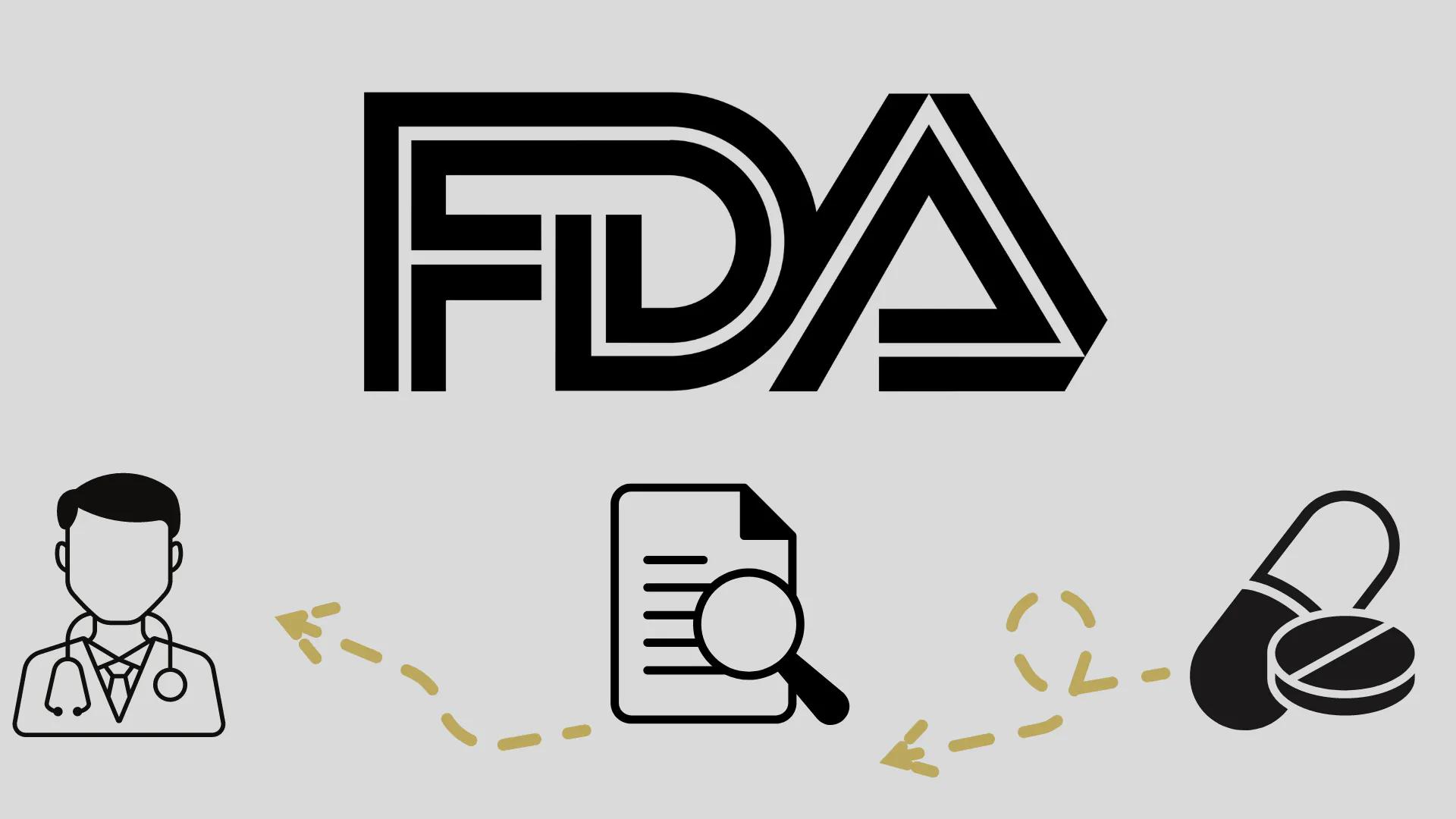
NXC-201 Awarded Orphan Drug Designation for Multiple Myeloma Treatment

FDA notices NXC-201 for its potential offer a novel mechanism to treat patients with multiple myeloma.
- Nexcella, Inc may be provided with financial incentives, to support clinical development of NXC-201 for the treatment of multiple myeloma.1
- NXC-201 has the potential to be granted up to 7 years of market exclusivity in the United States, if granted FDA approval at a later date.
- If approved in the future, NXC-201 could also become the world’s first outpatient CAR T-cell therapy.
The FDA had granted orphan drug designation to NXC-201 for the treatment of patients with multiple myeloma.1
NXC-201is a next-generation BCMA targeting chimeric antigen receptor (CAR) T-cell therapy that is currently under investigation in a phase 1/2 clinical trial. The drug was developed to offer a different mechanism than FDA approved CAR T-cell agents such as tisagenlecleucel (Kymriah) and axicabtagene ciloleucel (Yescarta).1,2
“We are pleased to receive FDA’s orphan drug designation in multiple myeloma for NXC-201, the only clinical-stage BCMA-targeted CAR T-cell therapy with no neurotoxicity observed in over 50 patients dosed to date,” said Ilya Rachman, MD, PhD, executive chairman of Nexcella, Inc, in a press release.1 “We are thrilled to potentially expand therapeutic options for multiple myeloma patients, while eliminating the most feared adverse effect of this therapeutic class, neurotoxicity.”
In the phase 1 dose-escalation study, 160 patients with multiple myeloma will be treated with NCX-201. The starting dose of the drug will be 150×106. The dose of the agent will be escalated to 450×106, 800×106 or 1200 ×106. The primary objective of the study is to determine the maximum-tolerated dose of NXC-201. The secondary end points of the study are overall survival and progression-free survival.2
Patients with multiple myeloma who are 18 years of age or older may be eligible to enroll in the study. The requirements are an ECOG performance status of 0 to 2, relapsed or refractory disease, having been treated with at least 3 different prior lines of therapy including proteasome inhibitor, immunomodulatory therapy and at least one antibody therapy, and measurable disease. In patients with any nonhematologic toxicity due to prior treatment, the toxicities must have been resolved to a grade 2 or lower. Female patients are required to have a negative serum pregnancy test prior to treatment and agree to use contraception during the study.
“Orphan drug designation for NXC-201 represents a substantial value-creating step along our path to unlocking planned wide adoption of CAR T technology by transitioning it to an outpatient domain,” said Gabriel Morris, president of Nexcell, in the press release.1
REFERENCES:
1. U.S. Food and Drug Administration approves orphan drug designation for NXC-201 as a treatment for multiple myeloma. News release. Nexcella, Inc. August 23, 2023. Accessed August 23, 2023. https://tinyurl.com/bdeftpsx
2. NXC-201 (formerly HBI0101) multiple myeloma. News release. Updated May 3, 2023. Accessed August 23, 2023. https://tinyurl.com/5n8849jv



















